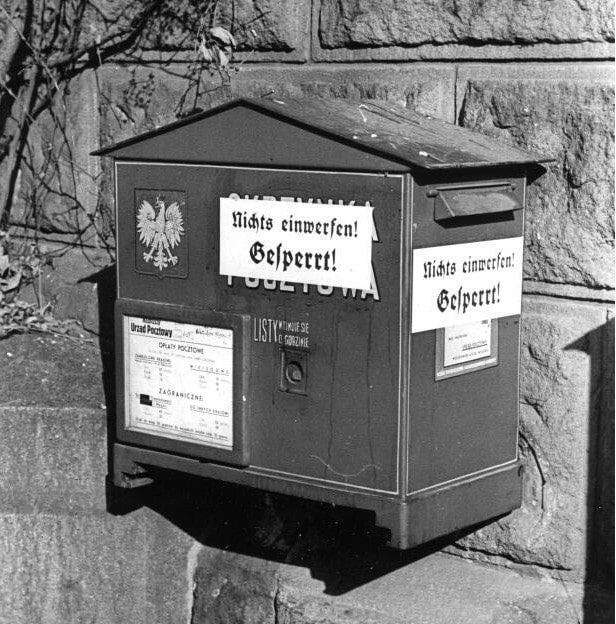
Under the Nazi dictatorship, the ‘good citizen’ was tasked with watching, listening, and sharing information with authorities as a means of political and social control that was crucial to the establishment and stabilization of the regime from 1933. Denunciation case files thus reveal insights into forms of grassroots surveillance and intimidation that were instrumentalized by the Gestapo.
The PMJ volumes contain denunciation letters and reports that reveal a range of motives among informers, from antisemitism to self-interest. Violations of laws designed to isolate and persecute Jews feature prominently. The documents also provide examples of informers targeting Germans who were not deemed by the regime to be ‘racial outsiders’ and show how high-ranking Nazi officials sometimes sought to overlook past infractions that had come to light through denunciations.
